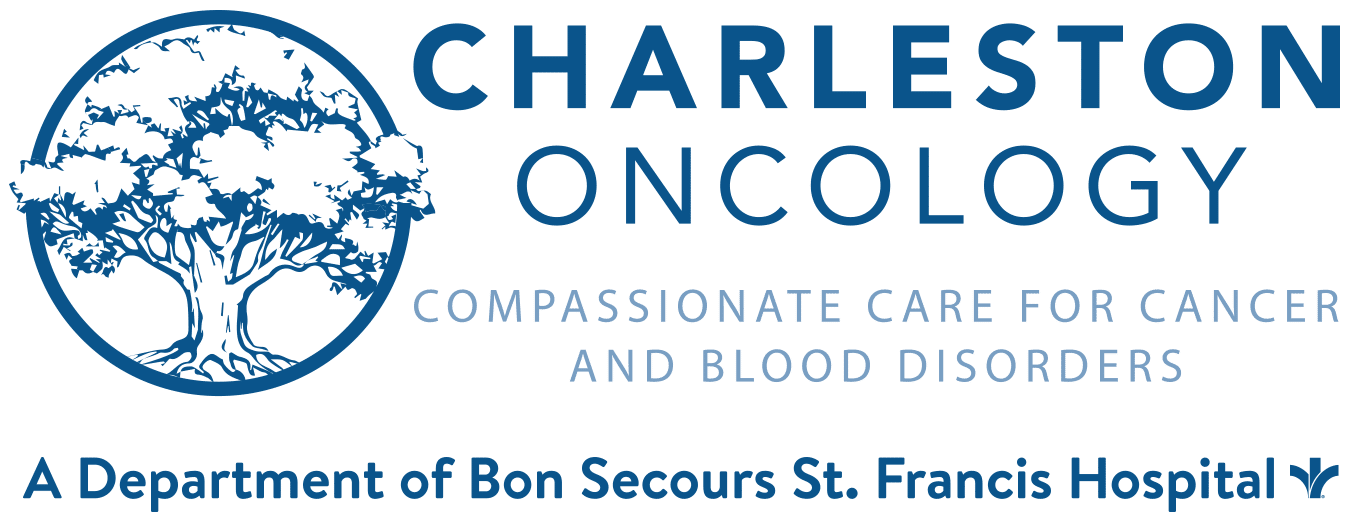Myeloma
Myeloma is an uncommon form of cancer that involves your blood, more specifically your plasma. If you’ve been diagnosed with multiple myeloma, the key to a successful outcome is to get a team of expert hematologists and oncologists to watch over your disease, intervening when necessary. To find out more about the care and treatment of myeloma, call to schedule an appointment.

Myeloma Q & A
What is myeloma?
If you are diagnosed with multiple myeloma, or your doctor suspects that you may have this form of cancer, you probably already know that a myeloma is a rare form of cancer that forms in your plasma cells.
This type of cancer tends to stay within your blood and accumulate in your bone marrow. When this happens, multiple myeloma can cause complications, some quite severe, such as:
- Frequent infections
- Low blood counts
- Fatigue
- Pain in your bones
- Weakened bones
- Digestive upset, including nausea and constipation
- Weight loss due to loss of appetite
- Kidney failure
Many people live with myeloma without treatment, but if you’re experiencing complications, you should seek help from Charleston Oncology.
How is myeloma diagnosed?
To get to the bottom of your health problems, your doctor first confirms a diagnosis of myeloma, which they do through blood and urine tests, as well as a bone marrow biopsy. They also use imaging tools to detect a problem in your bones.
Once confirmed, your doctor reviews your problems to determine where the cancer is most affecting you and whether it’s causing issues in your organs, namely your kidneys.
How is myeloma treated?
Myeloma is a tricky condition to treat since it’s system-wide in your bone marrow. Still, the doctors at Charleston Oncology routinely participate in clinical trials and research studies to offer the latest treatments available. For myeloma, your doctor may recommend one or more of the following:
- Targeted drug treatment
- Bone marrow transplant
- Biological therapy
- Chemotherapy
- Radiation therapy
Your doctor typically tries an approach that works best for your lifestyle and health, starting out conservatively and getting more aggressive if needed.
In recent years, researchers have found ways to slow down the progression of the disease, which works to preserve your bone health. The doctors at Charleston Oncology stay on top of this new research and apply it when available, sometimes through clinical trials.
To find out more about treating your myeloma, call Charleston Oncology to request a consultation.
Send UsA Message
National Cancer Survivor Month
June is National Cancer Survivor Month and throughout the month we are honoring our brave patients and sharing their inspirational stories.
Melanoma Prevention and Awareness
May is Skin Cancer Awareness Month. Melanoma is a type of skin cancer that develops when melanocytes (the cells that give the skin its tan or brown color) start to grow out of control. Watch the video to learn more about melanoma from Charleston Oncology’s Dr. Charles S. Holladay.
Tips for Diagnosing Breast Cancer Early
Dr. Shelly Shand shares important tips for diagnosing breast cancer early and the latest advancements in breast cancer.
Staying Aware for Breast Cancer Awareness Month
Staying Aware for Breast Cancer Awareness monthCharleston Oncology is proud to sponsor Staying Aware for Breast Cancer Awareness month in conjunction with WCIV News Channel 4. We continue to partner with our community to ensure that every woman has the best chance of...
Early-Stage Breast Cancer Characteristics and Treatment Options
Early-Stage Breast Cancer Characteristics and Treatment OptionsA rise in early-stage breast cancer diagnosis may result from better screening technology and a raised awareness of the importance of annual mammograms. An early-stage breast cancer diagnosis is contained...
Game Changing Neoadjuvant Lung Trial Enrolls the Most People in the World
Charleston Oncology’s Clinical Trials most recent non–small cell lung cancer trial enrolled the most people in the world. Gene Saylors, MD, oncologist and hematologist at Charleston Oncology, will present the positive findings at the American Association for Cancer Research 2022 Annual Meeting. “When administering a new trial, we are always cautiously optimistic,” says Dr. Gene Saylors. “The positive results of this Neoadjuvant Lung Trial resulted in rapid FDA approval due to its impressive outcomes.”






